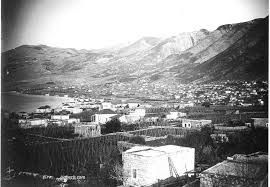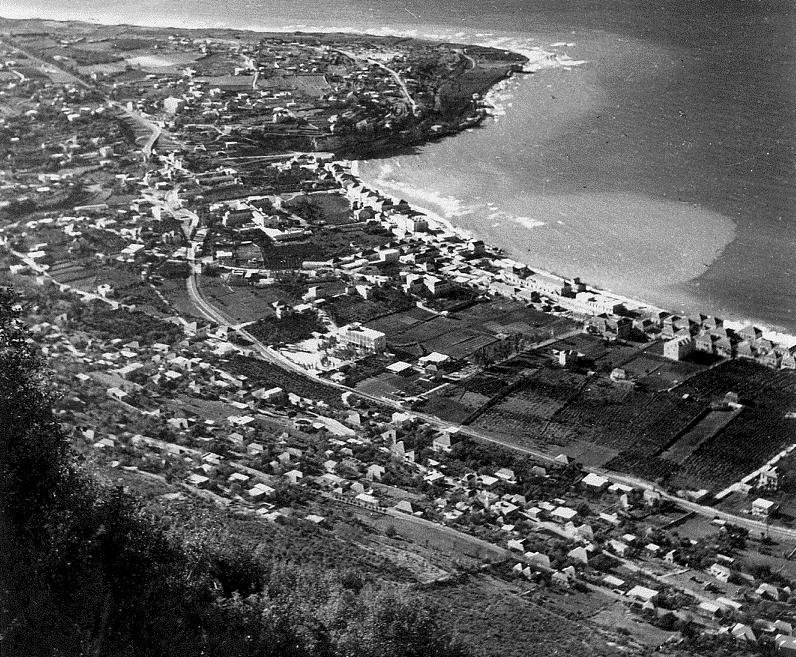
Why The Khazen Cheikhs migrated to Keserwan:
El Khazen Cheikhs migrated to Keserwan in the 16th century after various economic and political crisis that hit Lebanon due to the Ottoman invasion, forcing them to move to Keserwan which was safer and offered new economic opportunities.
Factors that led to population movements in the 16th century:
Since the 15th century, Northern Mount Lebanon witnessed a new political dynamic and an economic crisis which left a negative impact socially and economically. On one hand, the surge of the Jacobians in Bcharre led to a state of political chaos after Maronites "Moukaddams" distanced themselves from the Church and started fighting for political power. On another hand, the shortage of lands fit for cultivation and the harsh working conditions, as well as the rise of taxes and extra fees cause a drift between the various social classes and led to further impoverishment.
In the start of the 16th century, and after the Ottomans defeated the Mamluks North of Aleppo in 1516, Sultan Salim The First entered Damascus as a conqueror and obtained loyalty and obedience from the local princes. These princes had to abide by the Ottoman law, and pay taxes to the Ottoman Sultanate. Among the princes was a Sunnite Zaiim from the Bekaa called Prince Mohammad Ben el Hanash who was handed over the Bekaa area and named Moukaddam over it. However, Hanash rebelled with the help of Four Druze Leaders against the Ottoman invasion and wanted to restore the Mamluks' rule, but his attempt failed and he was later on arrested and condemmed to death. This incident led to a state of political chaos and lack of security in the Bekaa due to rebel movements, which forced the residents to seek a safer and calmer refuge somewhere else.
Prince Assaf el Turkmani was kept by Sultan Salim The First as a ruler over Keserwan, and was given an official blessing and forced to pay a tax and revive his province. Prince Turkamni took it upon himself to boost the economy in Keserwan and started building businesses and shops, and made Keserwan a safe economic haven for North Mount Lebanon Christians from one side and Sunnite and Shiite Muslims from the Bekaa area.
